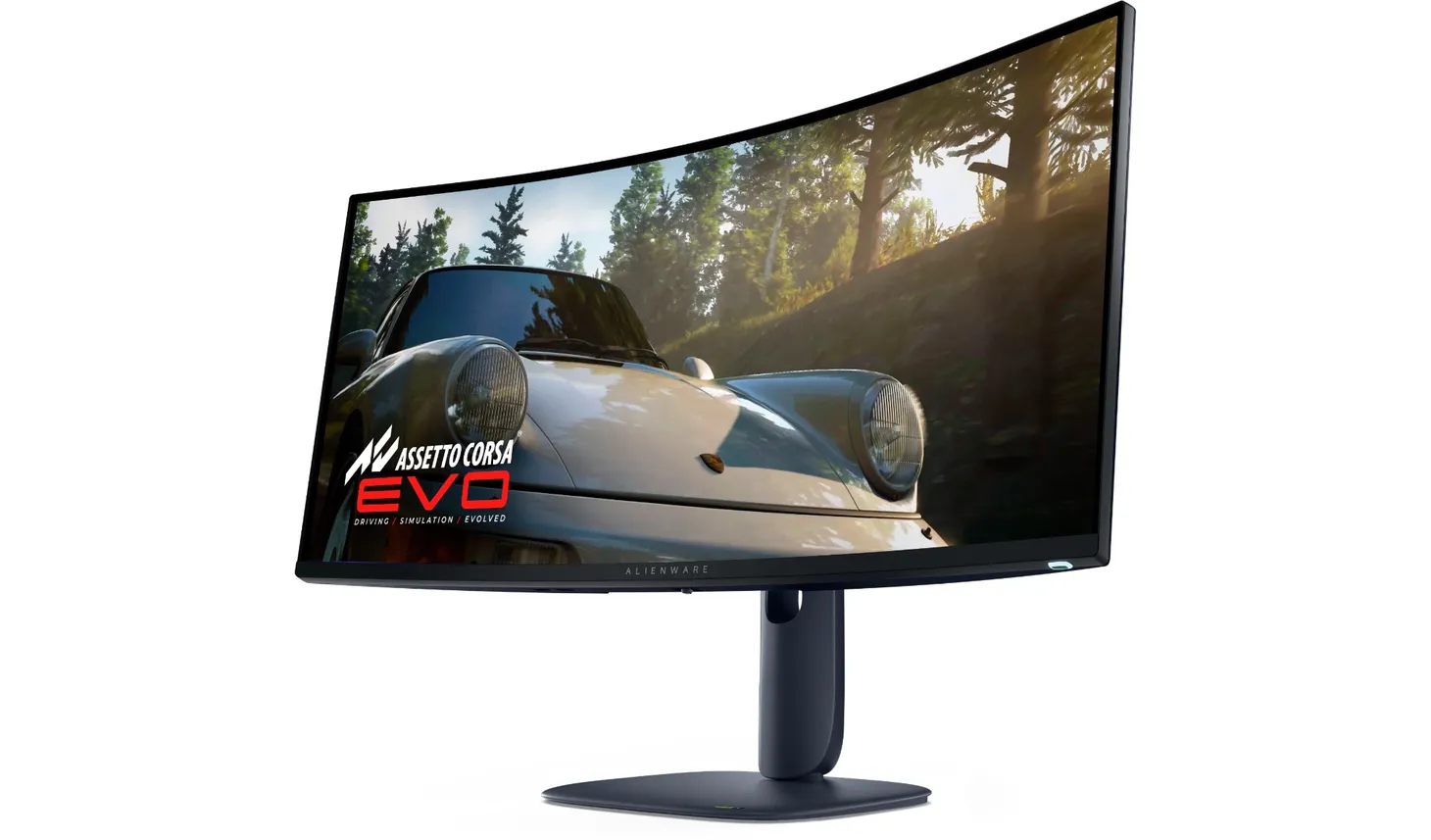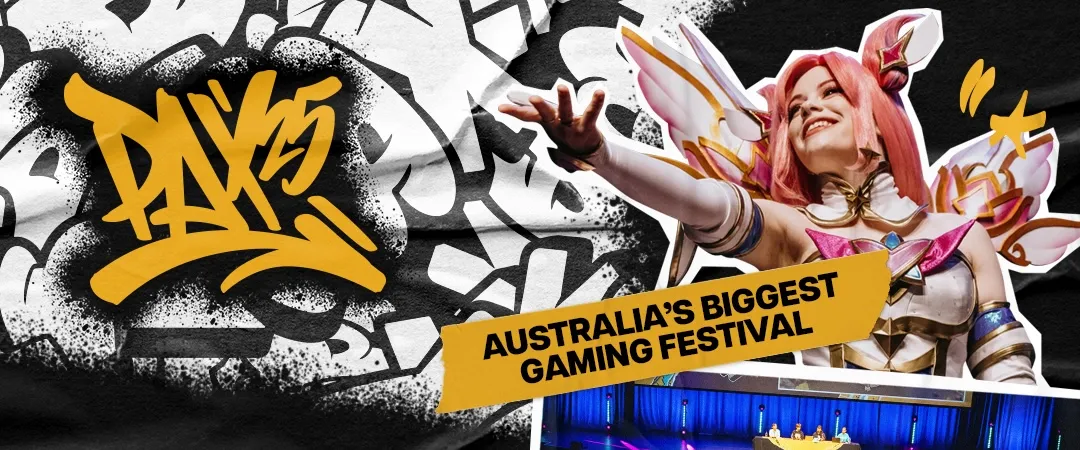Hearthstone reveals the Masters Tour system (yay!) and the new Specialist tournament format (nay?)
It has been a very nervous wait for Hearthstone esports fans, with a slow road to finding out how they were changing things up for the 2019 season and beyond.
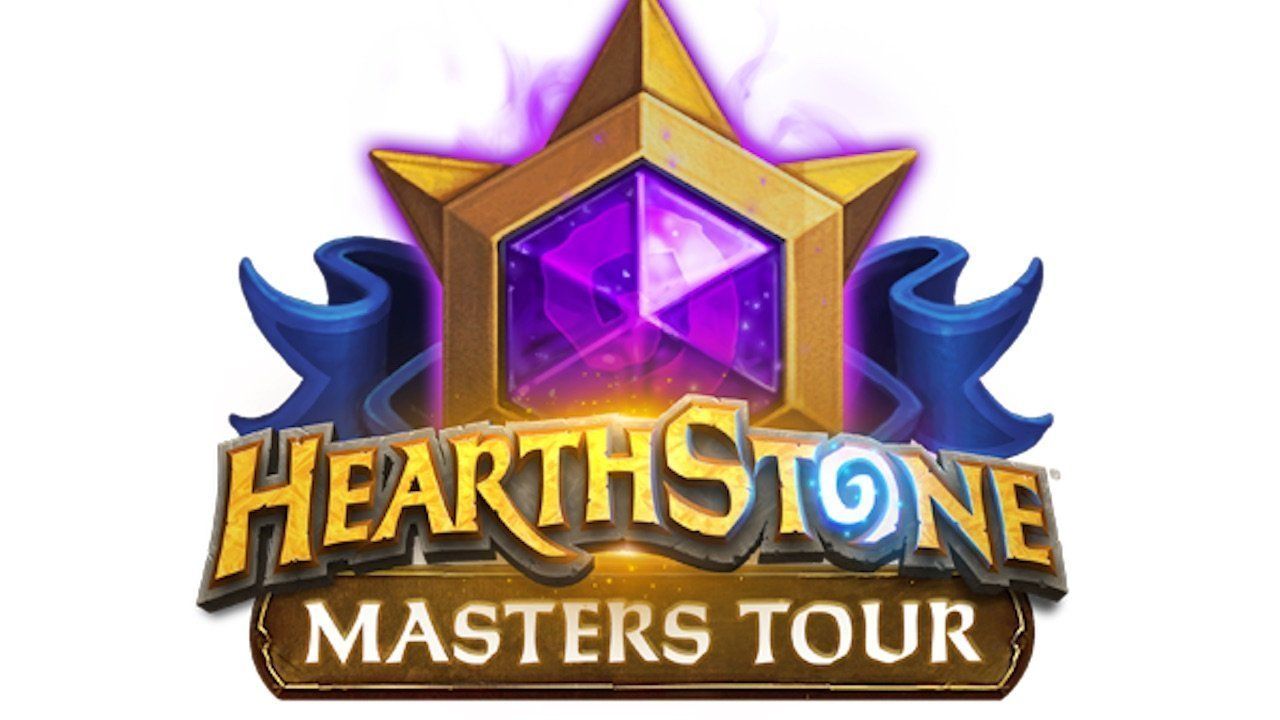
It has been a very nervous wait for Hearthstone esports fans, with a slow road to finding out how they were changing things up for the 2019 season and beyond. We finally got the news and it feels like quite the mixed bag.
First up – the Master Tour. This feels like an exciting step forward that opens up the feeling of accessibility of the annual Hearthstone Tour as well as making each major event feel, well, major.
There's three tiers to the new tour. First, the Masters Qualifiers. A series of online tournaments that anyone can enter over the two months leading up to each Masters Tour event.
Multiple times every DAY you could enter an online Hearthstone tournament to win a place at the next Masters Tour stop. From the first week of March, these qualifier tournaments kick off to win a place at the first Masters Tour event in Las Vegas in June. The tour will then visit Asia and Europe in August and October, respectively.
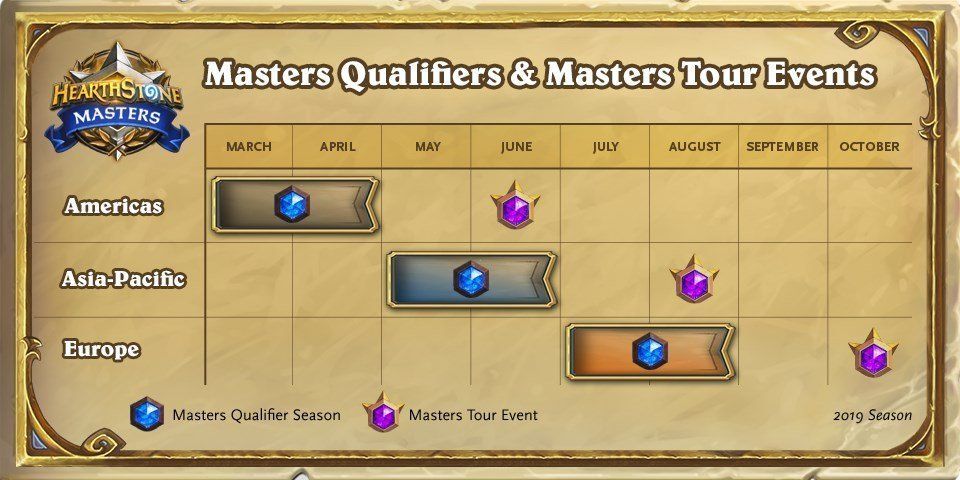
If you don't win, there's lots of packs of cards up for grabs. For people playing at this tier, and placing well, it feels like maybe extra card packs are just going to become dust – surely they already have all the key cards they want? But hey, dust is nothing to be sneezed at (see what I did there?)
For those who just love the ladder, each months top 200 players will also play off in a special qualifier, with four places available for the next Master Tour event.
Win your place at the Masters Tour event and you're in the running for a prize pool over US$250,000. Based on the number of qualifiers it seems that there'll be well over 100 players at each Masters Tour event, which will be played in a Swiss format and then eliminations. Feels a lot like the Hearthstone version of a big Magic: the Gathering Grand Prix event.
Hearthstone will be adding a crowdfunding system so players can buy cool things inside Hearthstone to add to the Masters Tour prize pools.
A final Grandmasters tier has also been teased, with no extra details yet. But it seems this will be the place where well known long-time Hearthstone pros will compete to give us all a bit more of the ability to follow our favourite players who've earned that 'top tier' reputation over extended periods of time. The only real hint we have so far is that high level performances at Masters Tour events is part of getting yourself into this elite group.
All in all, the Masters system feels like an improvement over the 2018 system, which itself was an experiment of sorts. The seasonal tour events and other tour stops started to blur into each other and it was hard to keep track of when things were on, where they were on, and who was playing. There weren't many events for live audience interaction either. It wasn't bad, but it wasn't great either.
This system feels more directed around key major events that everyone feels they could earn a place in if they can just work hard enough in the qualifiers. Accessibility is great. And then being able to tune in and watch a big tournament weekend a few times a year feels great as a spectator too.
If all of this was happening under the existing Conquest system, I'd feel like this was a winner. But this is where the new Specialist format kicks in...
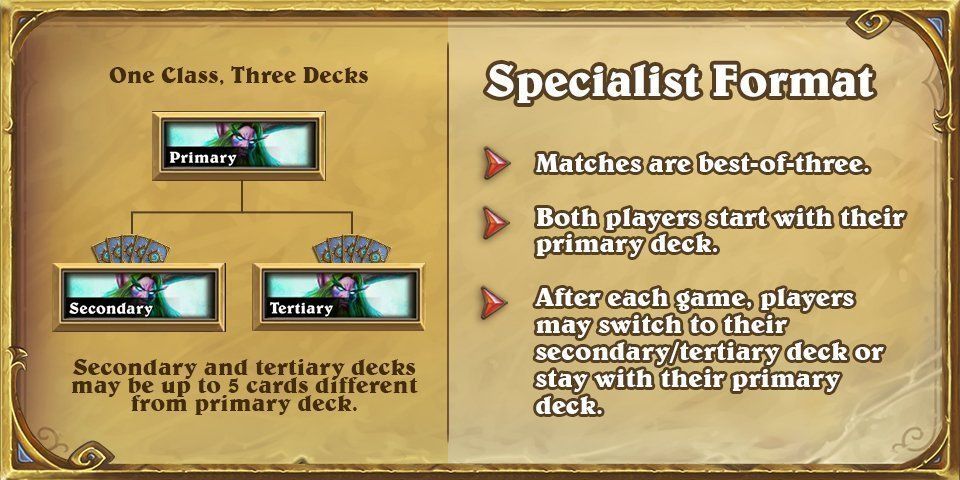
The Specialist Format is a step away from having players bring four decks from four classes, have one deck banned and then have to win with all three decks to take out a match. Instead, a player now brings one deck from one class. Alongside that deck, they bring two other decks that are almost exactly the same, with up to five cards changed to make it a slight variation on the theme.
In concept, this is an effort to give players what they've wanted – a sideboard of cards they can swap in to make technical adjustments against certain kinds of opposition decks – without actually changing the game engine to support sideboarding.
In practice, this feels like it just isn't going to be enough to have certain decks at a severe disadvantage against certain other match ups. And if it's the only deck you've got, it feels like the meta-defining deck of any given expansion window will be the deck type that wins the tournament.
The OG Hearthstone World Champion 'Firebat' wrote a detailed Twitlonger that delves into the technicalities, pointing out that swapping 5 cards out of 30 is only a very small change to a deck. He compared this to the Magic the Gathering sideboarding system of 15 cards out of 60, and the fact this was both 15 cards that could be changed in whatever way a player saw fit (1, 2, 3, 6, 10, whatever) and that typically 20 cards in a deck are mana. Suddenly, 15 cards out of 40 is a very big set of changes. It can completely overhaul a deck type to deal with a situation. But the Hearthstone system – two extra pre-built deck options with just five changes – doesn't feel like it can do much to deal with a bad matchup.
I really feel like two decks with up to 10 cards change would have been a good fit and felt like you could really have aggro, control or tempo adjustments available to you to respond to bad matchups. Five? Five feels like the odds will ever be out of favour.
Conquest format will get its final hurrah at the Year of the Raven World Championship event in April in Taiwan. That will also be around the time of the end of the first Masters Qualifier window. I do look forward to seeing how the new tournament structure feels and can't help but think I'll enter a few to see how it feels – and get taught some lessons about just how bad I really am along the way.
All the details of the new Masters Tour structure and the new Specialist Format are up on the Hearthstone website.
Byteside Newsletter
Join the newsletter to receive the latest updates in your inbox.

